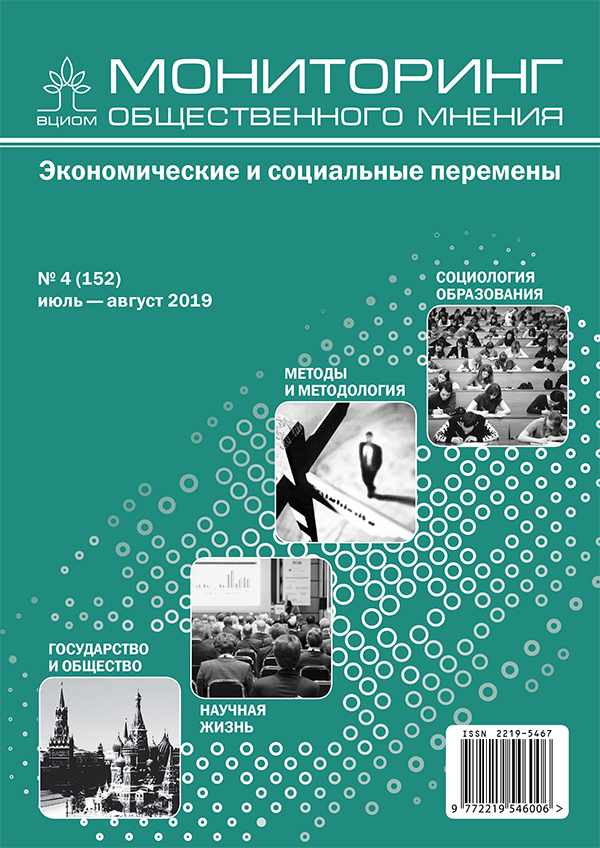Relationship between the MOOC participants’ characteristics and their satisfaction with the courses
DOI:
https://doi.org/10.14515/monitoring.2019.4.13Keywords:
Massive Open Online Courses, MOOC, satisfaction with courses, ratings, individual characteristicsAbstract
Year-by-year more and more educational institutions offer various massive open online courses (MOOC). Simultaneously, the interest of online users in the offer keeps rising. To orient the users in the variety of courses ratings of MOOCs are developed based on participant satisfaction levels. However, the satisfaction level is not only influenced by the course content but also by the participants’ individual characteristics. As the courses are assessed by different groups of participants, the question arises as to how these ratings should be used to compare the courses. The problem is especially true for the MOOCs where participants represent a heterogeneous group. To study the relationship between the participants’ characteristics and their satisfaction with the courses the authors use the data of the surveys involving participants who took part in 13 MOOCs proposed by the National Research University Higher School of Economics on the National Open Education Platform. The surveys were conducted before and after the courses. Using the regression analysis the authors show that a number of individual characteristics are strongly linked to the level of satisfaction with the course content if its options are controlled. Important predictors are extrinsic motivation to take a certain course to get acquainted with its format and the level of knowledge before and after the course. Those participants who have higher initial level of knowledge are more likely to give poor assessments for the course compared to those participants who are less familiar with the topic. Thus, using the ratings to compare the MOOCs with each other would be wrong as the courses are assessed by different groups of participants. It is more advisable to draw up separate ratings which would reflect the assessments given by “advanced trainees” and “freshmen”.






